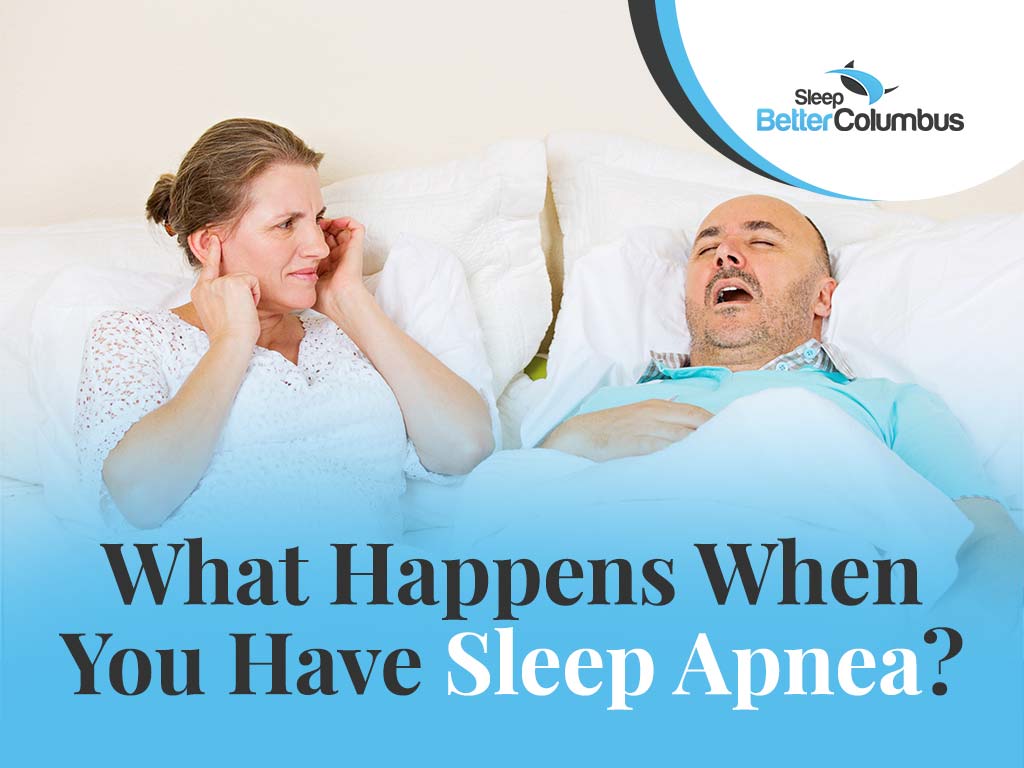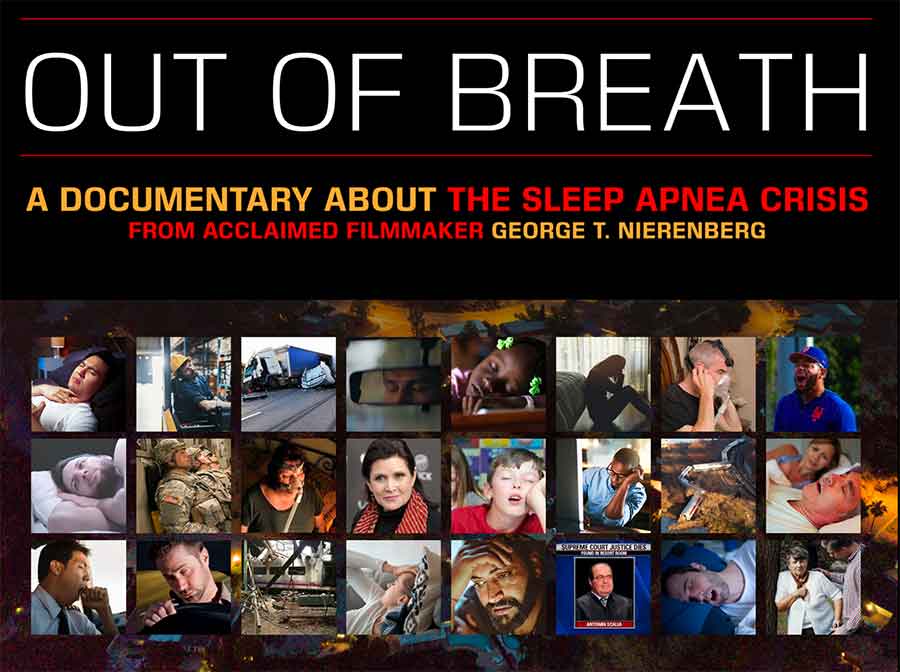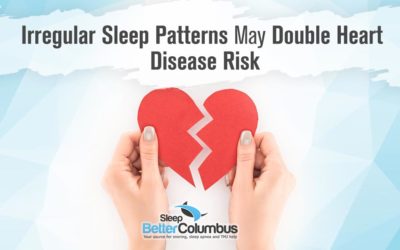Have you been having a difficult time sleeping lately? You may say to yourself it’s just stress, or snoring runs in your family and shrugs it off. But you can be making a big mistake, you can have sleep apnea and if you don’t know what happens when you have sleep apnea you need to read this entire article.
Sleep apnea is a serious medical condition that affects your breathing pattern as you sleep. This is a chronic disorder that so many people have, but 80% go undiagnosed, which causes further medical problems leading to chronic disorders that cause premature death.
So, if your partner tells you to snore, or you have difficulty breathing at night when you sleep, or you just can’t seem to get through the day without feeling like you have no energy to continue on, you might have sleep apnea.
This article is going to tell you what happens in your body when you have sleep apnea, what causes it, who’s at risk for it, and how you can get help from a specialist.
What is Sleep Apnea?
Sleep apnea is a disorder that prevents you from breathing as you sleep. The word apnea means “no breathing”. When you’re diagnosed with sleep apnea there can be 3 different categories of sleep apnea you will find yourself in. After you find out the type of sleep apnea you have, it then is determined if it’s a mild, moderate or severe.
The three types of sleep apnea are:
- Obstructive Sleep Apnea
- Central Sleep Apnea
- Mixed Sleep Apnea (Complex Sleep Apnea)
These types of sleep apnea have a category of mild, moderate, or severe depending on your results from testing. We will talk about testing later.
Now you know what sleep apnea is, let’s learn a little bit about causes it.
What Causes Sleep Apnea?
The types of sleep apnea are caused by three separate reasons, they each work differently and must be handled specifically to the type.
For instance, Obstructive Sleep Apnea is caused by relaxation of the throat muscles as you sleep, this causes your airway to be blocked. This obstructs airflow partially or entirely.
Central Sleep Apnea occurs when communication between the brain and the central nervous system has a problem communicating when you are sleep. Moreover, because you’re not told to breathe you are holding your breath until you gasp for air.
The last type of sleep apnea is mixed. This happens to be a combination of OSA and CSA. This is the most severe.
Some easy to recognize symptoms are:
- Headaches first thing in the morning
- Snoring so loud you wake yourself up or others
- Excessive sleepiness during the day
- An inability to focus on tasks during the day
These are just a few, there are many more, speak with your primary care doctor if you are experiencing these symptoms.
Who is at Risk for Sleep Apnea?
Just like anything health-related, there are risk factors that increase your chances of having sleep apnea, so you must pay attention so you can see the signs and get help if needed.
A study showed that 4% of men and 2% of women have sleep apnea however only about 10% seek help and treatment. This leaves so many people vulnerable to long-term health problems because of sleep apnea.
Risk Factors
Obstructive sleep apnea:
- Being a male but as mentioned early women can have OSA to, higher likelihood after menopause.
- Being an older adult, OSA happens more commonly in older people.
- Family history plays a huge role if your family member has it you are at risk
- Smoking increases your risk by more than 3 times what it would be if you did not smoke
- Nasal problems increase chances, whether allergies or anatomical issues, this increases the risk.
Central Sleep Apnea:
- Age plays a part, being older is a risk factor
- Having a heart disorder increases your risk. For example, CHF (congestive heart failure).
- Using narcotics and opioid medication can easily suppress the nervous system which increases the risk for CSA. For example, Methadone would increase the risk.
What is happening inside your body?
It’s time to discuss what’s happening inside your body when you have sleep apnea. As we said earlier sleep apnea stops you from breathing as you sleep. This begins to cut the oxygen supply to your brain.
Now we both know how important oxygen is for your brain. Studies show that after just 60 seconds of no oxygen to the brain, the damage is done that permanently alters the brain’s chemistry. When you are sleeping you may hold your breath for 10 seconds, 20 seconds or more.
As your brain becomes deprived of oxygen your heart works harder, increases blood pressure, and putting stress on your heart. You are also holding on to carbon dioxide which causes your blood to thicken over time, causing increase strain on the heart and poor circulation throughout the body.
Clots can form because of thinking blood, which can cause a stroke and ischemia (decrease blood flow throughout an organ) causing a heart attack or tissue death elsewhere in the body.
How Are You Diagnosed?
The best way to get diagnosed is to talk to your primary care physician about your sleeping patterns and how you feel throughout the day.
Loss of memory, being irritable, and insomnia are more symptoms that would help your doctor understand your situation. If your doctor wants to know more, he will refer you to a sleep specialist.
A skilled sleep specialist often is an MD specializing in the art of sleep medicine, and sleep disorders.
What You Can Expect from a Sleep Study
After being asked some questions by the sleep specialist, and you meet the requirements for a sleep study, you schedule a time to return a technician will put electrodes on your head and body. This monitors your brain waves, the increase of your chest wall as you sleep, and your airflow through your nose and mouth.
After your sleep study, your sleep doctor will view the results. They will diagnose you, giving you the next steps on how to improve your sleep. That can be through CPAP, Oral Appliance, or something else.
In Conclusion
Sleep apnea is serious, you learned what it is, how it can affect your body, and the risk factors involved. Sleep Better Columbus, Dr. Levy, and staff are here for. If you are suffering from sleep apnea or are unsure, we can help.




